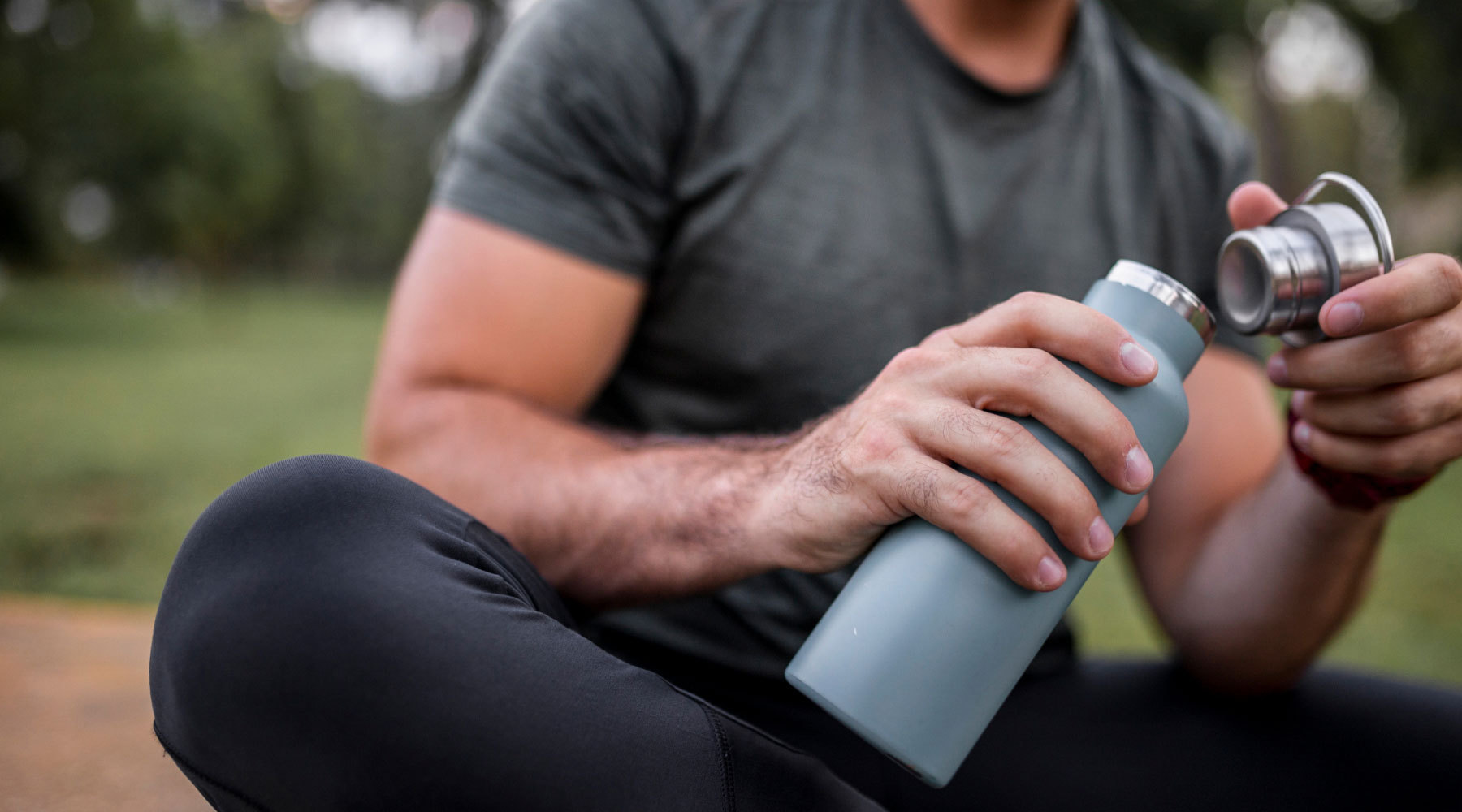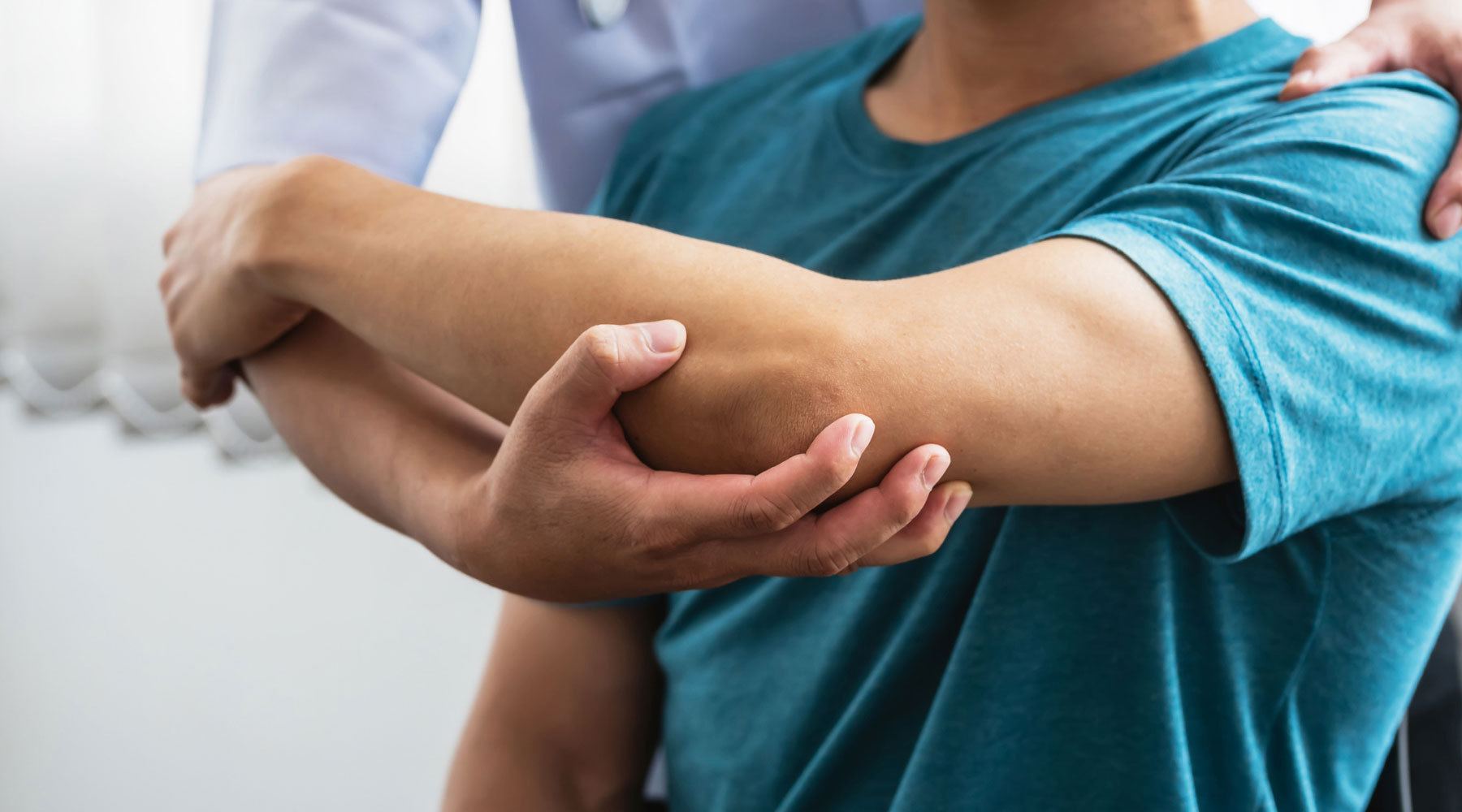With the summer season in full swing, many of us are getting active and exercising our bodies. Whether you’re aiming to shed a few pounds or looking to get shredded this summer, there is one thing all of us must consider regarding our exercise routines: hydration. In this article, we will cover some of the key reasons why hydration is important during exercise.
Hydration is important during exercise for several reasons:
Regulation of Body Temperature
When you exercise, your body’s metabolism increases, generating heat. To prevent overheating, your body releases this heat through sweat. When your sweat evaporates, your body temperature decreases, which will lead to a decrease in your bodily fluids. If you are not properly hydrated, your body may struggle to maintain a safe temperature. Drinking an adequate amount of water while exercising will help you maintain an optimal body temperature during your workouts.
Muscle Function
Muscles need an adequate supply of electrolytes to function properly. When you sweat, you lose electrolytes, particularly sodium and potassium. These losses can lead to muscle cramps and reduced muscle function. To maintain your body’s electrolyte count, it is important to eat a balanced diet of foods that include electrolytes, such as bananas, almonds, turkey, and canned foods like soups and vegetables. While it is also important to drink water, it is even more important to not drink too much water, as doing so may flush electrolytes out of your system entirely.
Performance and Endurance
Studies have shown that even mild dehydration can impair performance and endurance. It can also increase feelings of fatigue. To counteract the body’s natural responses to lack of hydration, it is vital to have access to a sufficient amount of water relative to the exercise you’re participating in. This includes a reusable water bottle, multiple plastic recyclable bottles, or a water fountain. Make sure you are prepared with a source of hydration when planning your next exercise session.
Cardiovascular Health
Dehydration can lead to increased heart rate and lower your blood pressure, which makes your heart work harder. When you’re well hydrated, the heart can pump blood through the body more efficiently and reduce strain on some of the most important muscles in your body. Proper hydration is particularly important for people with existing heart issues or a higher risk of heart disease. Staying hydrated will help maintain normal heart function and promote overall cardiovascular health.
Recovery
After exercising, rehydration helps the recovery process by replacing the critical fluids and electrolytes lost in sweat. Drinking enough water flushes toxins out of the body, transports nutrients into the cells, and helps regulate body temperature and pH balance. Proper hydration also helps with muscle soreness and tension. This aids in muscle repair and growth and replenishes energy storage.
Joint Health
Hydration, proper nutrition, and responsible exercise are key to keeping your joints happy and healthy. Water is a key component of synovial fluid, which is essential to preventing painful joint friction. This fluid lubricates your joints and surrounding cartilage to decrease friction. Hydration also builds up protein within your muscles, further protecting joints from potential injury. During exercise, joints are vulnerable to injury if not properly hydrated.
Take Hydration During Exercise in Stride
To stay hydrated during exercise, it’s generally recommended to drink water before, during, and after a workout. The exact amount depends on various factors, including the intensity and duration of the exercise, the environmental conditions, and your individual needs. For longer workouts or those conducted in hot, humid conditions, a sports drink containing electrolytes might be beneficial in addition to a source of hydration.
Remember, it’s possible to drink too much water, leading to a condition called hyponatremia, which can be dangerous. So like with everything in life, balance is key.
Take Control of Your Joint Health
Joint health is at risk if you’re not considering the importance of hydration during exercise or any day-to-day activity. So drink plenty of that high-quality H20, and don’t hesitate to reach out if you have any questions. At Access Sports Medicine, we can identify your joint and cartilage issues in order to provide a professional rehabilitation program tailored to help you recover.
Contact us today for more information or to schedule an appointment!




